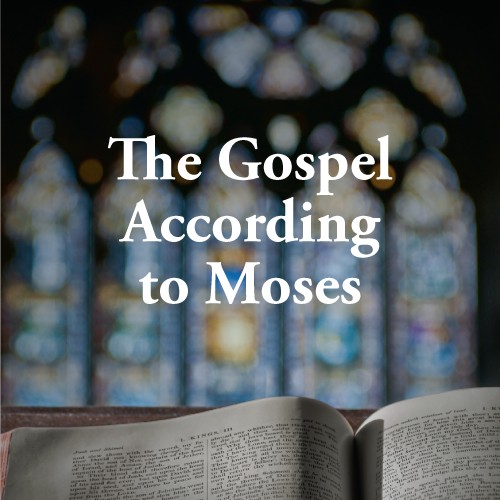This Month's Featured Book
Deepen Your Daily Time with God
Are you looking for a way to deepen your daily walk with God? Go Forward in Love: A Year of Daily Readings from Timothy Keller is a new 365-day devotional, compiled from excerpts of Dr. Keller’s wide range of books.
